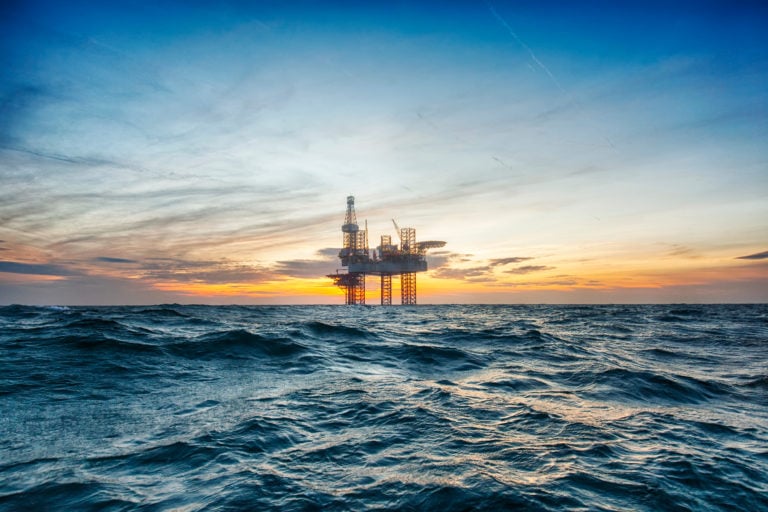Help The Bahamas Say NO to Offshore Oil Drilling – Once And For All
By: Chris Wilke

The Bahamas could send a message to the world – by banning oil drilling now.
As Planet Earth spirals toward climate catastrophe, the math is clear: to reduce global greenhouse gas levels, world leaders must urgently change their thinking to the central question facing us in terms of climate change:
Will we continue to expand the pumping, drilling and digging of fossil fuels around the world, even as global carbon levels continue to rise?
Or, will we stop developing new fossil fuel sources and move to phase out and eventually shut down these destructive sources of energy? Can we instead turn our focus to renewable energy, conservation and protecting our water, land and air from the worsening impacts we see occurring around us?
Many small developing countries find themselves on the front lines of climate change, much like a canary in a coal mine. But perhaps the clearest examples are in Small Island Developing States. These small nations face impacts from sea level rise, worsening superstorms, and disruption of freshwater supplies, ecosystem health, energy sources and food systems.
They are also vulnerable to fossil fuel companies that come knocking, promising prosperity and self sufficiency. We have seen elsewhere how these promises run hollow in the end, but all too often people only find out after it’s too late.
One prime example of a nation struggling with these decisions is the island nation of The Bahamas.
Can The Bahamas say no to big oil once and for all? A group of Bahamian Waterkeepers and other environmentalists have a plan to help the government do just that, through a detailed plan to put in place a permanent ban on drilling in the country.
The Bahamas is a low-lying country of nearly 700 islands and many more rock outcroppings, reefs and cays, with one of the lowest average elevations above sea level, making it highly susceptible to sea level rise and the impacts of storm surges. At its closest point it is only 52 miles from Florida, representing a short-distance sustainable tourism option for many Americans.
The Bahamas is not yet an oil producing nation, but rather a country facing a triple climate-driven onslaught of sea level rise, increasing superstorms (hurricanes), and potential destruction of its most valuable assets: the pristine ocean and coral environment that supports local fisheries and tourism. These industries are responsible for 50% of their GDP and 70% of the jobs in the country. The Bahamas is also targeted by oil companies for oil exploration and potential production. One company, Challenger Energy, estimates 700 million to 1.44 billion barrels of oil could be present underneath its sea floor.
The Bahamas should not be asked to participate in its own demise. If unleashed as a new source and fully exploited, this oil would be horribly dangerous for global climate change, equaling the entire carbon footprint of the Bahamas and 18 other Caribbean island nations for 20 years (using US-EPA estimate of CO2-equivalent per barrel crude oil). This oil would fuel more superstorms, contribute to sea level rise and damage the local coral and mangrove habitats that are so strongly linked to the country’s economy and food production.
On the other hand, if the Bahamas can stand up and say NO to big oil, emphatically and once and for all, they will not only protect their waterways and our global climate, they will be sending a message to the world. Showing us all how it can be done.
The Bahamas oil drilling decision is not just about climate change. It is also about protecting their fragile coral reefs, fisheries and tourism for the future. Identified drill sites are near important lobster and conch fisheries and marine protected areas. A major oil spill could decimate their opportunity for decades, and potentially saddle the small nation with liability to other impacted countries, such as the United States and Cuba.
- By saying NO publicly and permanently The Bahamas can not only ‘walk the walk’ on climate resiliency, they can help show the world a new path.
- By saying NO publicly and permanently, The Bahamas can strengthen the resolve of other nations to stand up to big oil and gas developers.
- By saying NO publicly and permanently, The Bahamas can show tourists that they are going to be a country ‘powered by the sun’, and not by oil
- And, if other nations begin to follow suit, and accelerate a shift away from fossil fuels, it will benefit the Bahamas in the form of slowed global emissions
Simulated spill at drilling location, using actual weather and current data on December 1, 2021. Animated using OpenDrift.